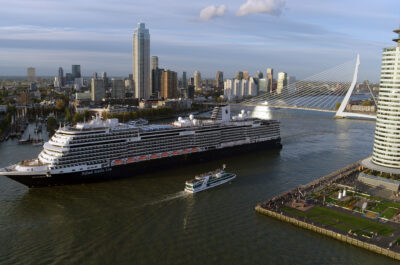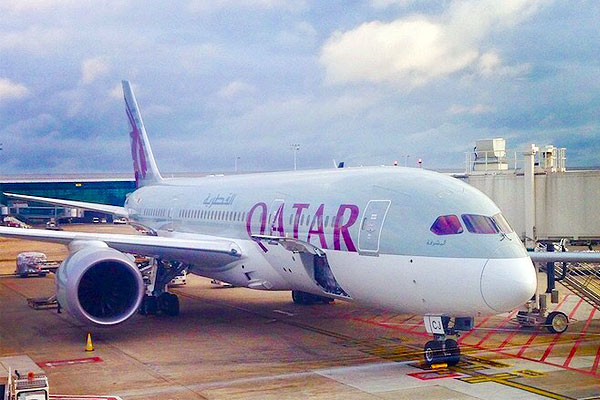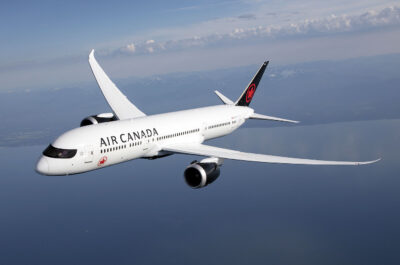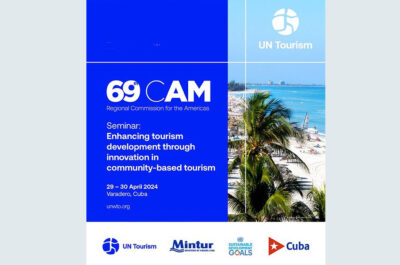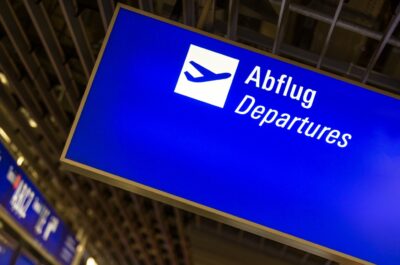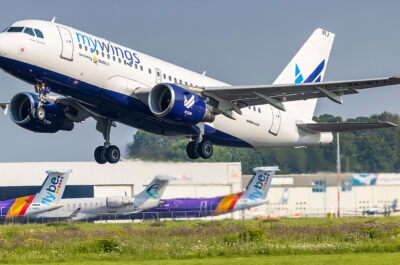Saudi Arabia, the United Arab Emirates, Egypt and Bahrain have cut off diplomatic ties with Qatar and say they will suspend air, sea and land transport with Qatar.
The diplomatic rift has wreaked havoc with airlines in the region, with major long-haul carriers such as Doha-based Qatar Airways, Bahrain's Gulf Air, Abu Dhabi's Etihad and Dubai's Emirates suspending flights, leaving many passengers stranded at airports in the Gulf.
Arab countries, including Saudi Arabia, Bahrain, Egypt, Yemen and the UAE have severed ties with Qatar over what they say is Qatar’s support for terrorism. Some have closed their airspace. Qatar strongly denies the truth of those allegations.
The escalation is having a devastating effect on travel throughout the region.
John Strickland, a UK-based aviation consultant, in a recent interview said the announcement "came as quite a shock" to the industry.
"There's been disruptions in the region before, such as during the Gulf War," Strickland said. "Flights had to be re-routed, but I cannot think of anything comparable to the current events."
Alan Peaford, editor-in-chief of Aerospace Magazine, like Strickland, said Qatar airways will see greatest impact.
"The real problem would be if airspace closes. Not just for Qatar Airways passengers, but also for cargo, like food and fresh fruit that is flown into the country."
He added that there are two main air routes in and out of Qatar – over Saudi Arabia and Bahrain with the latter controlling most of the Gulf air space.

Where Qatari aircraft can fly
After Saudi Arabia, Bahrain, and the UAE closed their airspace for Qatar Airways, the Qatari Airline company has no choice but to fly through Iranian airspace
Major long-haul carriers that share borders with Qatar.
- Bahrain: Gulf Air
- UAE
Abu Dhabi based Etihad Airways
Dubai based Emirates Airline
- Saudi Arabia Jeddah based Saudi Arabia Airlines
"If Qatar is banned, I can't see a way out of the country for Qatari aircraft," he added.
Saj Ahmad, an analyst with London-Based Strategic Aero Research, told Khaleej Times that the "damage here isn't a one-way street".
He said that airlines "like Emirates, FlyDubai and Etihad out of Abu Dhabi will end up reeling from the sudden collapse of traffic rights".
The long term-effects "are far from clear", Ahmad said. "This has the potential to be a long and drawn-out affair."

How did this dispute start and what is it about? Simply put, Qatar’s state media published statements attributed to its Amir Sheikh Tamim bin Hamad Al Thani which criticised the policy towards Iran maintained by the Gulf Cooperation Council (GCC), a political and economic alliance of six Middle Eastern countries – Saudi Arabia, Kuwait, the UAE, Qatar, Bahrain, and Oman.
Saudi Arabia, Egypt, the UAE and Bahrain then cut their ties with Qatar as the dispute escalated, opening up the worst rift in years among Arab states. The other states say Qatar is supporting the Muslim Brotherhood and extremist groups and possibly Iran.
The three Gulf states gave Qatari visitors and residents two weeks to leave their countries. Qatar has also been expelled from the Saudi-led coalition fighting in Yemen. Saudi Arabia has blocked its airspace to flights to or from Qatar.
Qatar owns the influential state-owned satellite broadcasting channel Al Jazeera, which generally enjoys a good reputation, but Saudi Arabia accuses Qatar of backing militant groups and broadcasting their ideology via Al Jazeera.
Bahrain has also attacked what it calls Qatar’s “media incitement, support for armed terrorist activities and funding linked to Iranian groups to carry out sabotage and spreading chaos in Bahrain”.
Qatar however is getting support from long-time friend Turkey. In the latest development, Turkey has stepped in to back its ally Qatar. Turkey’s parliament this week passed a law to allow Turkish troops to be stationed on Qatari soil and troops will soon be sent there.
And the diplomatic crisis has wider implications. Qantas for instance has said Qatari nationals will be banned from boarding Qantas flights via Dubai because the United Arab Emirates (UAE) has banned them from passing through its airports. The Australian airline, which has a commercial alliance with Dubai-based Emirates, is banning citizens of tiny Qatar from its flights via Dubai until further notice.
Australia’s Department of Foreign Affairs and Trade offer the following advice: “Major airlines based in the UAE have announced that flights between the UAE and Qatar will be suspended from 6 June 2017 until further notice, while Egypt has closed its airspace to Qatari aircraft. Qatar Airways flights to and from Saudi Arabia and Bahrain may also be affected. If you have an upcoming flight to, from or transiting Doha, contact your airline or travel provider for further information. We understand that Qatar Airways flights to and from Australia will continue to operate. "
Saudi Arabia and Bahrain are reported to have revoked the licences of Qatar Airways on Tuesday and ordered its offices closed down within 48 hours, which will prove very expensive for the airline.
This is a serious blow to Qatar Airways which has one of the youngest fleets in the sky and has been growing at a rapid pace.
Aircraft manufacturers are naturally nervous about financial fallout from the dispute, with billions of dollars of orders potentially at risk. Qatar has hundreds of new aircraft on order including 60 A350s; 30 B787 Dreamliners, 46 A320s, 4 A380s and 60 B777s. Qatar have been on the cutting edge when it comes to ordering new planes and were the first airline to operate the A350.
Andrew was born in Yorkshire England, he is a professional hotelier, Skalleague, travel writer and director of WDA Co. Ltd and its subsidiary, Thailand by Design (tours/travel/MICE).
Andrew has over 35 years of hospitality and travel experience. He is a hotel graduate of Napier University, Edinburgh.
Andrew is a former board member and Director of Skal International (SI), National President SI THAILAND, President of SI BANGKOK and is currently Director of Public Relations, Skal International Bangkok. He is a regular guest lecturer at various Universities in Thailand including Assumption University's Hospitality School and most recently the Japan Hotel School in Tokyo.




